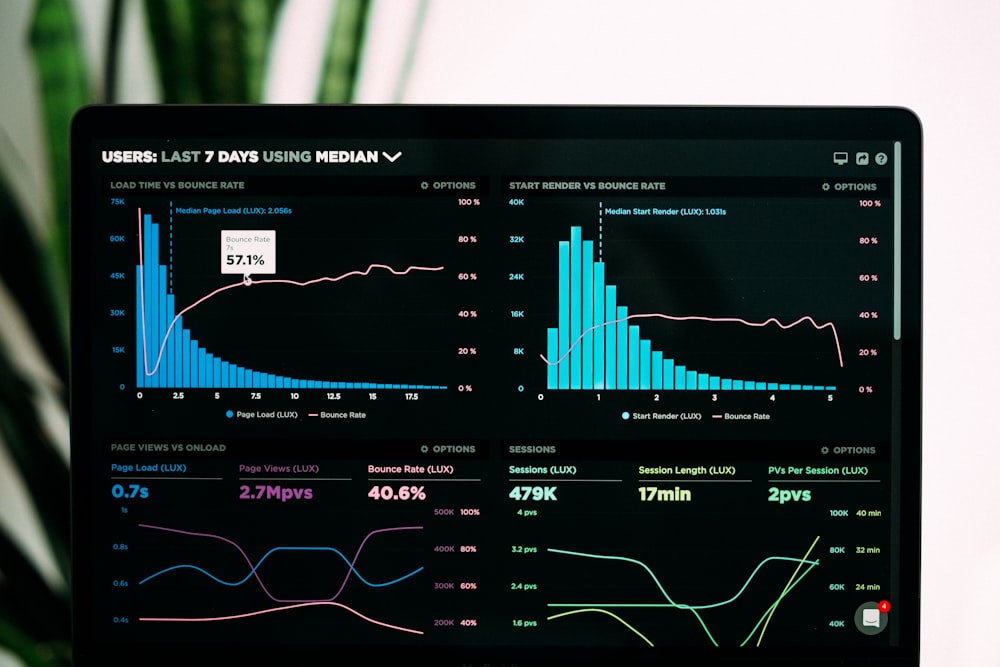These temporary exemptions are designed to speed up the market entry of new technologies while the SEC reviews its existing rules. Atkins noted that this initiative aligns with efforts to make the U.S. a leader in crypto innovation, stating, "An innovation exemption could help fulfill President Trump’s vision to make America the crypto capital of the planet."
Atkins also acknowledged that current securities regulations are mainly structured around traditional issuers and intermediaries, without considering the potential of self-executing software to replace these structures. The SEC’s Crypto Task Force, established earlier this year, is expected to refine these policies and adapt to the evolving landscape of blockchain technology.
Since the departure of former chair Gary Gensler, who faced criticism for his litigation-heavy approach, the SEC appears to be shifting strategies to a more constructive regulatory framework. The Task Force is set to release its first report in the coming months, which could outline further guidance on how existing laws apply to cryptocurrencies.



